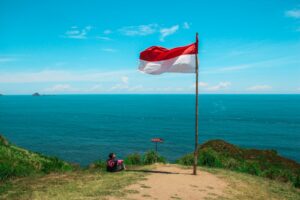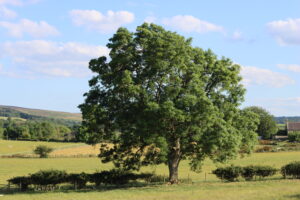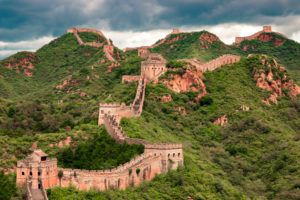20 new sites become designated Biosphere Reserves
UNESCO has added 20 new sites to the World Network of Biosphere Reserves.
Biosphere Reserves promote solutions reconciling the conservation of biodiversity with its sustainable use.
The reserves are central to education, research and awareness-raising work to foster innovation sustainable development practices and to combat biodiversity loss. They now cover more than 5% of the Earth’s landmass, with a total of 727 reserves in 131 countries.
The International Coordinating Council of UNESCO’s Man and the Biosphere Programme (MAB-ICC) meeting in Abuja from 13 to 17 September (for the first time on the African continent) approved these additions.
Lesotho, Libya and Saudi Arabia join the MAB Network this year with the designation of their first sites: Matšeng Biosphere Reserve, Ashaafean Biosphere Reserve, and Juzur Farasan Biosphere Reserve, respectively. In Europe, the Five-country Biosphere Reserve Mura-Drava-Danube becomes the first MAB site to be co-managed by as many countries (Austria, Croatia, Hungary, Serbia and Slovenia).
Audrey Azoulay, UNESCO Director-General said: ‘UNESCO will help countries to achieve the 2030 target of 30% of the planet to be covered by protected areas. And it starts here, with these new reserves joining the MAB programme.
‘Environmental education is also essential to rebuild our relationship with nature from early childhood to biosphere research programmes, and UNESCO is mobilized to ensure that the environment becomes a key curriculum component by 2025.’
In related news, UNESCO calls for environmental education to be taught in classrooms.












